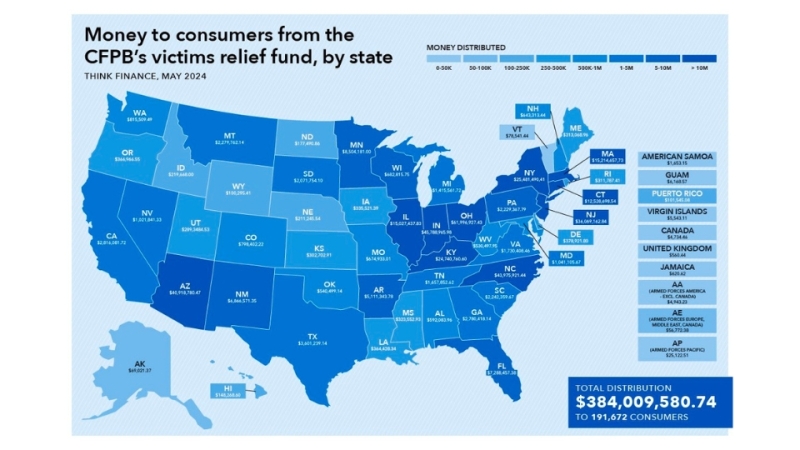
Non-Bank Mortgage Firms Face Revenue And Earnings Pressure In 2024

Fitch Ratings says non-bank mortgage companies might grapple with challenges due to subdued origination volumes and prevailing high-rate environment.
The latest report from Fitch Ratings offers a moderately deteriorating sector outlook for non-bank mortgage companies for 2024. This forecast stems from the persistent higher-for-longer rates combined with a complex macroeconomic and geopolitical landscape. The report projects that rates might decline by year-end. Still, this drop is unlikely to stimulate substantial refinance activity as the bulk of existing mortgages are projected to be less lucrative.
The silver lining? Companies focused on retail have significantly pared down capacity and associated overhead since 2022. While their earnings will stay under pressure, it's believed that the worst might be behind in terms of origination volume and earnings troughs.
Historically weak earnings in 2022-2023 were partly cushioned by the valuation rise in mortgage servicing rights (MSRs), reinforcing capital levels. The innate synergy between servicing and origination segments in many companies has acted as a cushion against interest rate fluctuations, with diminished prepayment assumptions bolstering MSR valuations.
However, potential MSR valuation drops, stimulated by anticipated rate decreases by 2024's end, might not usher in substantial MSR devaluations in the immediate future based on interest rate projections. Yet, these changes in valuation could amplify leverage, particularly if earnings from originations remain subdued.
Despite the challenges, the 2024 landscape does present some opportunities for stabilization. Given the tempered origination prospects, the substantial reduction in gross leverage seen in 2022, thanks to diminished warehouse borrowings, is not predicted to surge considerably in 2024. While corporate leverage metrics have displayed mixed trends, potential positive earnings could pave the way for improvements. Yet, possible MSR markdowns might pose a challenge.
A critical element to watch is the sector's funding. The financial flexibility brought about by unsecured debt issuances between 2020-2021 bolstered credit profiles. However, looming debt maturities in 2025 and the current challenging capital market conditions might make unsecured debt issuance economically impractical. This scenario could trigger a shift towards secured debt, thus constraining assets and potentially undermining overall funding frameworks.




